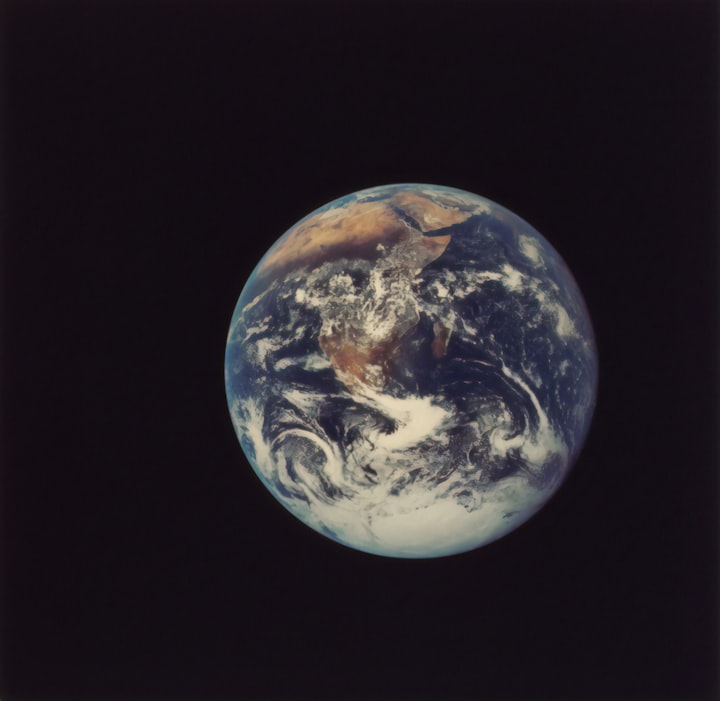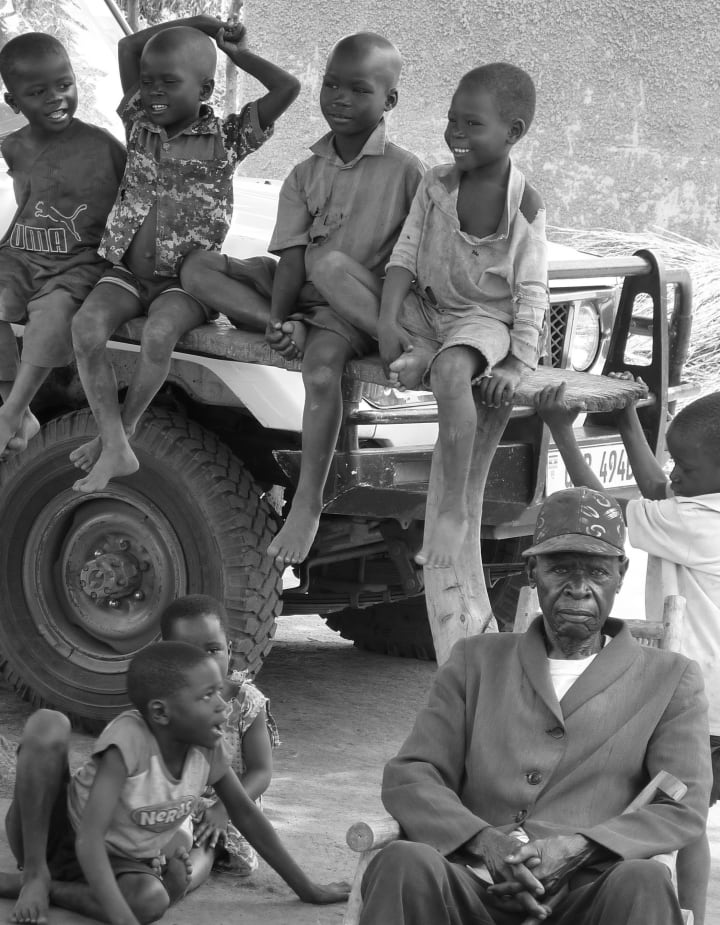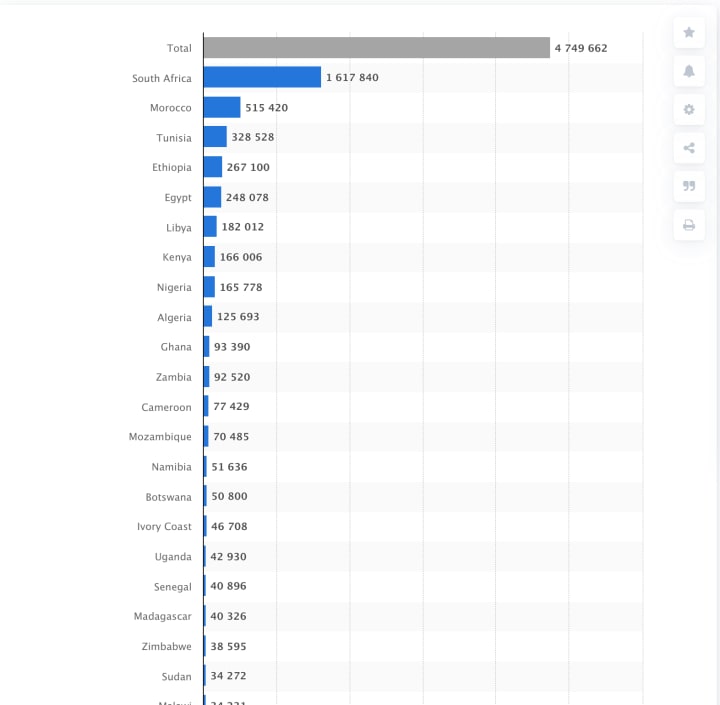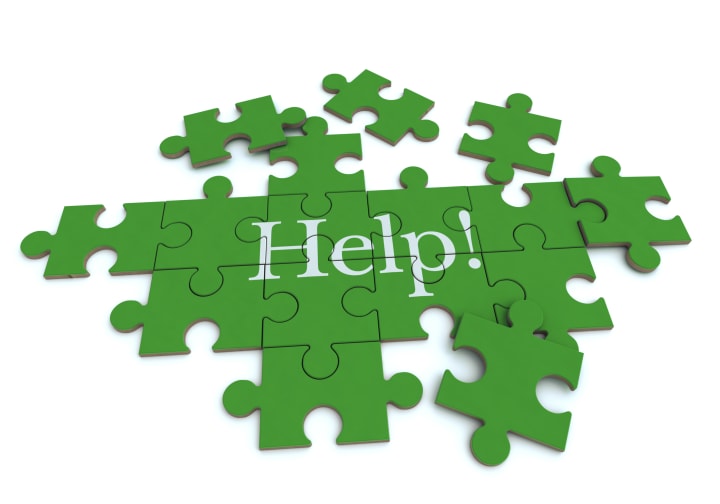
Global Poverty is something that affects millions of individuals worldwide. Daily, those affected by global poverty are lacking access to food, electricity, sanitation, education, and many more vital needs in life. All needs, which are a necessity that everyone, everywhere should have equal access to.
What Is Global Poverty?

Global poverty is defined as the number of people worldwide who live on less than $1.90 a day.
As expressed by the World Bank,
“A person surviving on less than $1.90 a day lives in extreme poverty. More than 736 million people – or one out of every ten people on the planet – currently live below this poverty threshold, and children, a highly vulnerable segment of society, account for more than half of the world’s poorest citizens.”
Nearly half of the world’s poor; approximately 368 million people live in the countries of India, Nigeria, the Democratic Republic of the Congo, Ethiopia, and Bangladesh. More than 35% of the world’s population; an approximate 2.5 billion people, lack access to refined sanitation. Something that is extremely vital amidst the current COVID-19 Pandemic.
Additionally, nearly 1 billion individuals worldwide live without access to electricity, and millions of more individuals live with access to power that is either too expensive, or unreliable. Studies have shown that providing affordable, and reliable power sources to developing countries, can not only improve the economy of the developing country itself but the economies of countries worldwide. Electricity is vital when it comes to connecting countries to one another. Providing electricity to developing countries will give individuals access to education and other opportunities that they may not have had access to before.
Poverty and Hunger

Poverty is the leading cause of hunger worldwide. As recorded in 2018, nearly 822 million people live with hunger globally. That’s a shockingly high statistic of one in nine people. Over 2 billion individuals worldwide lack access to food that is safe, sufficient, and nutritious. Additionally, 785 million individuals worldwide drink unsafe water or have to travel more than 30 minutes from their homes to access safe water. Food and water are a vital part of life, and access to both nutritious food and safe water are a necessity to everyone, globally.
According to the Food and Agriculture Organization of the United Nations,
“In order for food security to exist, four dimensions must be fulfilled: 1) physical availability of food, 2) economic and physical access to food, 3) food utilization and 4) the stability of those other dimensions over time.”
How Much Would It Cost to Eliminate Hunger Worldwide?

The cost to eliminate hunger worldwide would be an additional $265 billion per year to the resources that are already provided to developing nations.
I know, this probably seems like a lot to you, but let me break it down:
In the United States, our government funds political priorities. So how does this yearly cost to end worldwide hunger compare to the money the United States has spent on other priorities?
In 2020, The United States spent nearly $778 billion on its military budget. That’s $513 billion more than what is needed to end hunger worldwide, yearly.
Does the United States need to spend all of this money on a Defense Budget?
According to Statisitca’s rankings in military spending by country in 2020, if the United States cut their military spending by $265 billion; the amount needed to end global hunger yearly, they would still be the leader in military spending, worldwide.
So, why can’t the United States allocate that money from their military spending to end global hunger?
They would still be the leading military force AND they would be ending the hunger problem that so many individuals struggle with, globally.

COVID-19 and Africa

Africa has been greatly impacted by the COVID-19 Pandemic. Although the continent carries 23% of the global disease burden, it only accounts for 1% of global health disbursement. Meaning that Africa only receives 1% of global health funds, despite their struggles with viruses such as HIV/Aids, Tuberculosis (TB), and now COVID-19.
Africa has never experienced a crisis on the scale of the COVID-19 Pandemic. The number of cases are on the rise. According to Statistica, the number of COVID-19 cases throughout Africa today has neared 5 million.

South Sudan, a country in Africa has only four ventilators and 24 ICU beds for a population of 12 million individuals. This lack of supply and resources is causing great turmoil for many. Many who are watching their closest friends and family die of a virus, that if with plentiful resources, would have a lower mortality rate.
COVID-19 has also contributed to and worsened the already existing hunger problem throughout Africa. The Pandemic has increased the risk of major interruptions to food supplies all over, and this has negatively impacted the low-income, net-food-importing countries of Africa greatly.
The Borgen Project

The Borgen Project is a Non-Profit Organization that is dedicated to erasing poverty, globally. They believe that the leaders of the United States; the most powerful nation on earth, should be doing more to address global poverty. The Borgen Project uses an innovative, national campaign that continuously works toward making global poverty a focus of the United States’ Foreign Policy.
The Borgen Project focuses their advocacy toward:
- Starvation/Global Food Security
- Newborn, Child, and Mother Survival
- Access to Clean Water and Sanitation
- Food Aid Reform
How You Can Help!

You’re probably wondering how you, yourself, can help this cause and contribute to the goal of ending global poverty. Good News! I have some information on how!
If you live in the United States, you can send an email to your State’s Congressional Leaders, asking them to support various bills that would contribute to the end of global poverty.
Such Bills Include:
- Passing COVID-19 Relief
- Protection of Funding for the International Affairs Budget
- Supporting the Global Health Security Act
- Supporting the Reach Every Mother and Child Act
- Supporting the Girls LEAD Act
By clicking any of these links, you will be directed to an auto-filled email template. All you have to do is fill out your information, and they will send your email to the correct Congressional Leader for your location. It takes less than 5 minutes!
If you don’t live in the United States, but still want to help, you can donate here. Any donation, no matter how small, is greatly appreciated!
Additionally, all money made from views on this article as well as tips will go directly to The Borgen Project. If you cannot afford to donate, but want to help, please consider sharing this article with your friends, family, co-workers, pets (if they can read haha).
Thank you for taking the time to read this article. I hope you learned something new, and that you were inspired to help make a change toward the goal of ending global poverty!
Sources
The Borgen Project. (2021, March 25). The Borgen Project | Downsize Poverty. https://borgenproject.org
Compassion International. (2020, April 22). Global Poverty. Compassion. https://www.compassion.com/poverty/global-poverty-definition.htm
Statista. (2021, May 19). Coronavirus cases in Africa as of May 18, 2021, by country. https://www.statista.com/statistics/1170463/coronavirus-cases-in-africa/
Statista. (2021a, May 7). Countries with the highest military spending 2020. https://www.statista.com/statistics/262742/countries-with-the-highest-military-spending/
UNICEF. (2021). Unicef. https://www.unicef.org
About the Creator
Elisa Toy
Nature Lover | Activist | Cancer Survivor | She/Her
I am a queer writer from Arizona sharing my journey and thoughts with you! My writing focuses on my mental health, love of nature, and everything in between!






Comments
There are no comments for this story
Be the first to respond and start the conversation.